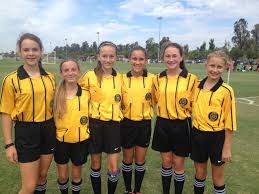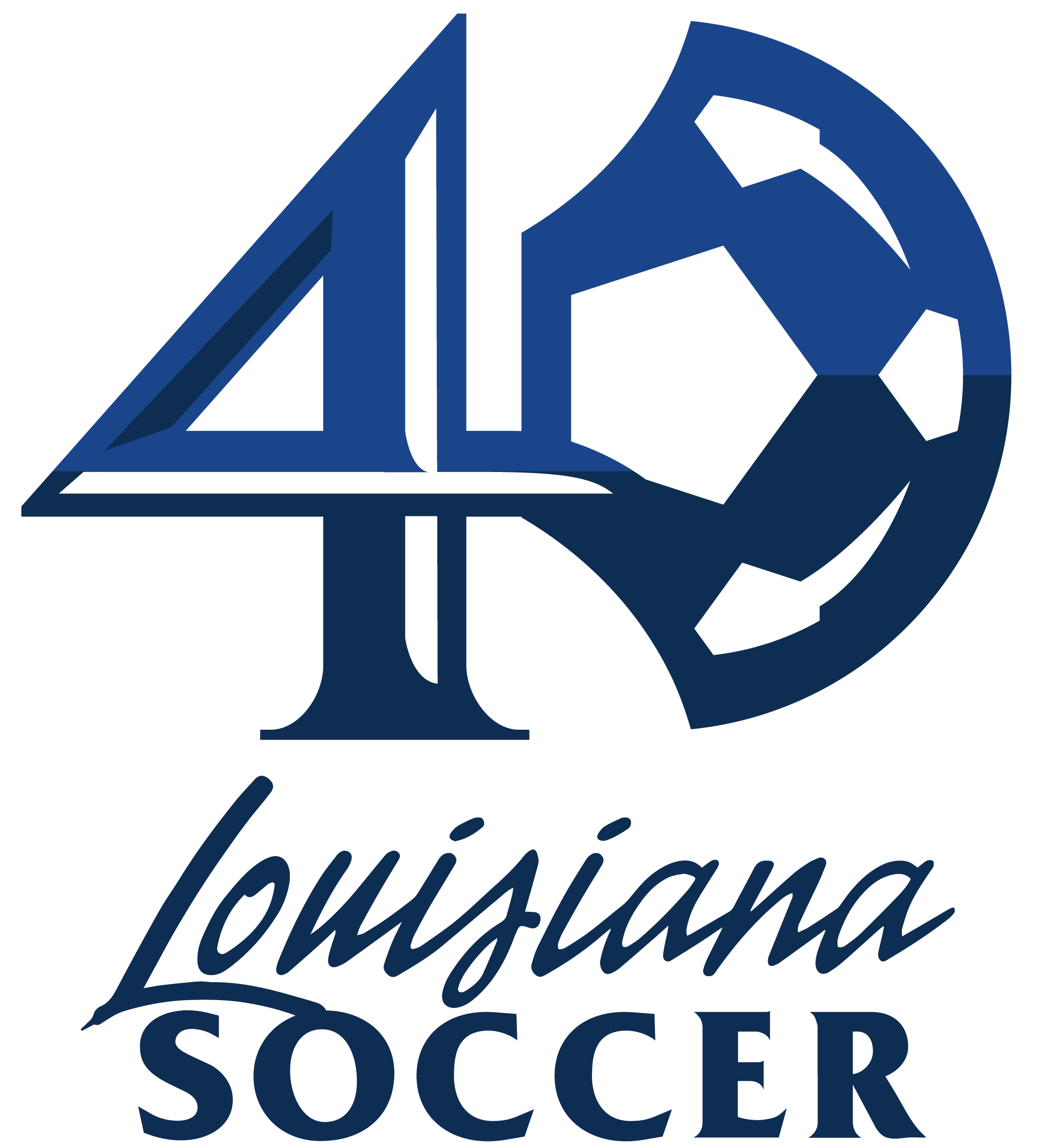The LSA Novice Referee Program (“NRP”) will recruit and develop referees for 6U – 10U recreational programs across the state. It is an abbreviated and simplified version of referee education at the US Soccer Level. Courses will be taught by certified instructors from the State Referee Committee and overseen by the State Director of Instruction. The NRP will provide a safe and fun environment in which novice referees can learn the craft, gain confidence and help give back to the game at the local recreational level. The NRP is a Club-based program as opposed to an individual-based program. Clubs will set up the NRP and will be responsible for recruiting and enrolling the candidates. Every LSA Club with a recreational program should invest in the NRP not only to bring a higher level of officiating to their programs, but also to help grow and develop a referee corps in their area.
Goals
- Provide a safe and fun learning environment for novice referees;
- Make referee development part of each Club’s organizational culture;
- Provide a forum to share best practices and to remove obstacles to referee development;
- Expand our base of referees and work to retain referees longer;
- Educate and inform coaches and parents.
The NRP Course
- The course is open to everyone, but it targets 12 – 14 year olds (6th through 8th grade).
- A club must have a minimum of 10 candidates to run a course.
- A club must have a Referee Coordinator who will act as course administrator and NRP Mentor
- The course will run 3-4 hours.
- The cost of the NRP is $150 regardless of the number of candidates. This fee includes the Instructor’s fee and expenses.
- For more information or to register your club for a course, contact Kay Briggs at kay@lsa-soccer.org.
Curriculum
Safety
- Players – shin guards, no jewelry, etc.
- Field – goals anchored, corner flags, field condition (home team correct deficiencies)
- Injuries – STOP play for ANY injury
- Referee – hydration, sunscreen
- Everyone – weather, field conditions, lightning
Local Rules of Competition
- Number of players, goalies, ball size, duration of games, field markings and why
Restarts
- Reasons – Ball leaves the field, goal, foul
- How to restart and where – kick off, throw in, goal kick, corner kick, drop ball, free kicks
Fouls
- A basic understanding of fouls and how to stop and restart play
Practical exercises
- Referee signals, whistle use, ball in/out, videos or other type of demonstration
- “Coaching” players (retake bad throws and why, help with restart locations, explain fouls)
- Have fun and get involved with players to help them learn.


